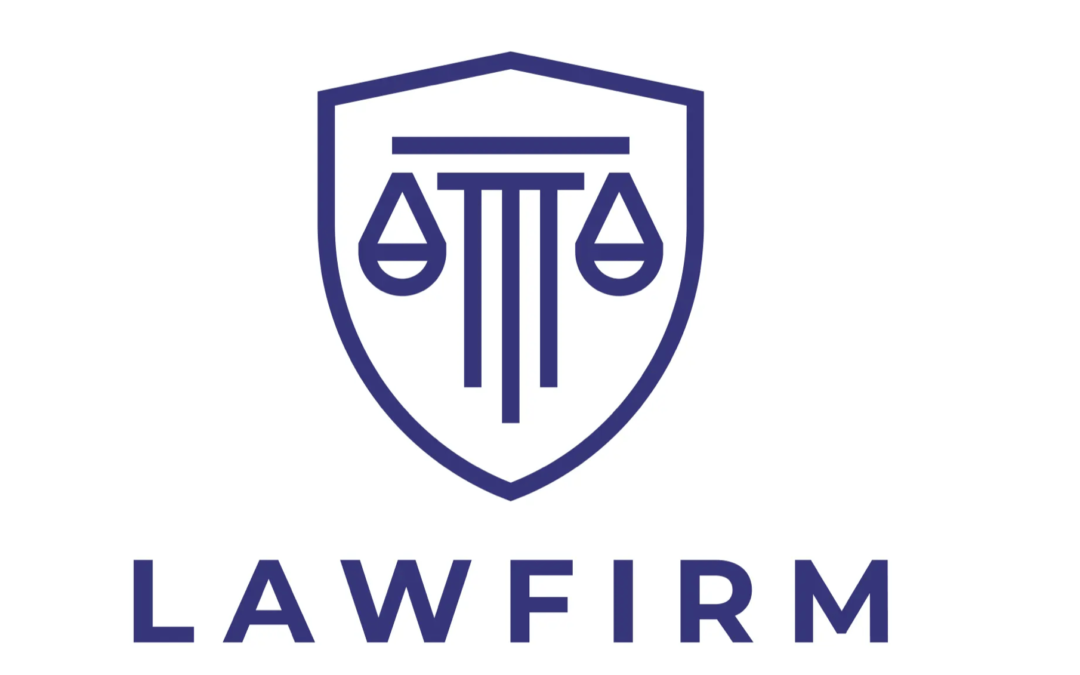What Makes Tahmidur Remura Wahid (TRW) Law Firm the Best Law Firm in Dhaka? In the legal landscape of Bangladesh,...


What Makes Tahmidur Remura Wahid (TRW) Law Firm the Best Law Firm in Dhaka? In the legal landscape of Bangladesh,...

Calculation of Total Income for Tax in Bangladesh in 2024 Our corporate tax practice is a distinctive combination of...

Extortion Cases in Bangladesh: Trial Process and Legal Assistance Extortion remains a serious concern in Bangladesh's...
Total Income in Corporate Tax: Scope, Accrual and Source in Corporate Tax The expressions "scope of total income" and...
Anti Corruption Commission in Bangladesh and its powers in 2024 Are you looking for information on Anti Corruption...
Setting Up a Tea Estate in Bangladesh: A Comprehensive Guide by TRW Law Firm Bangladesh, with its favorable climate...
Arrest Warrants Issued by Pure Food Courts and Jurisdiction of DSCC Courts in Bangladesh Food safety is a critical...
How to Change Business Ownership in Bangladesh: Your business will change as life does as things change all the time....
Quality certification and standard mark in bangladesh Supporting documents for quality certification/standard mark are...
How to Change the Name of a Company in Bangladesh Any corporation may alter its name by special resolution, with the...
Object clause revision in the MoA An objects clause is a paragraph in a company's Memorandum of Association that...
Bank Guarantee Process in Bangladesh 2024. In the period of massive development projects in Bangladesh, the bank...